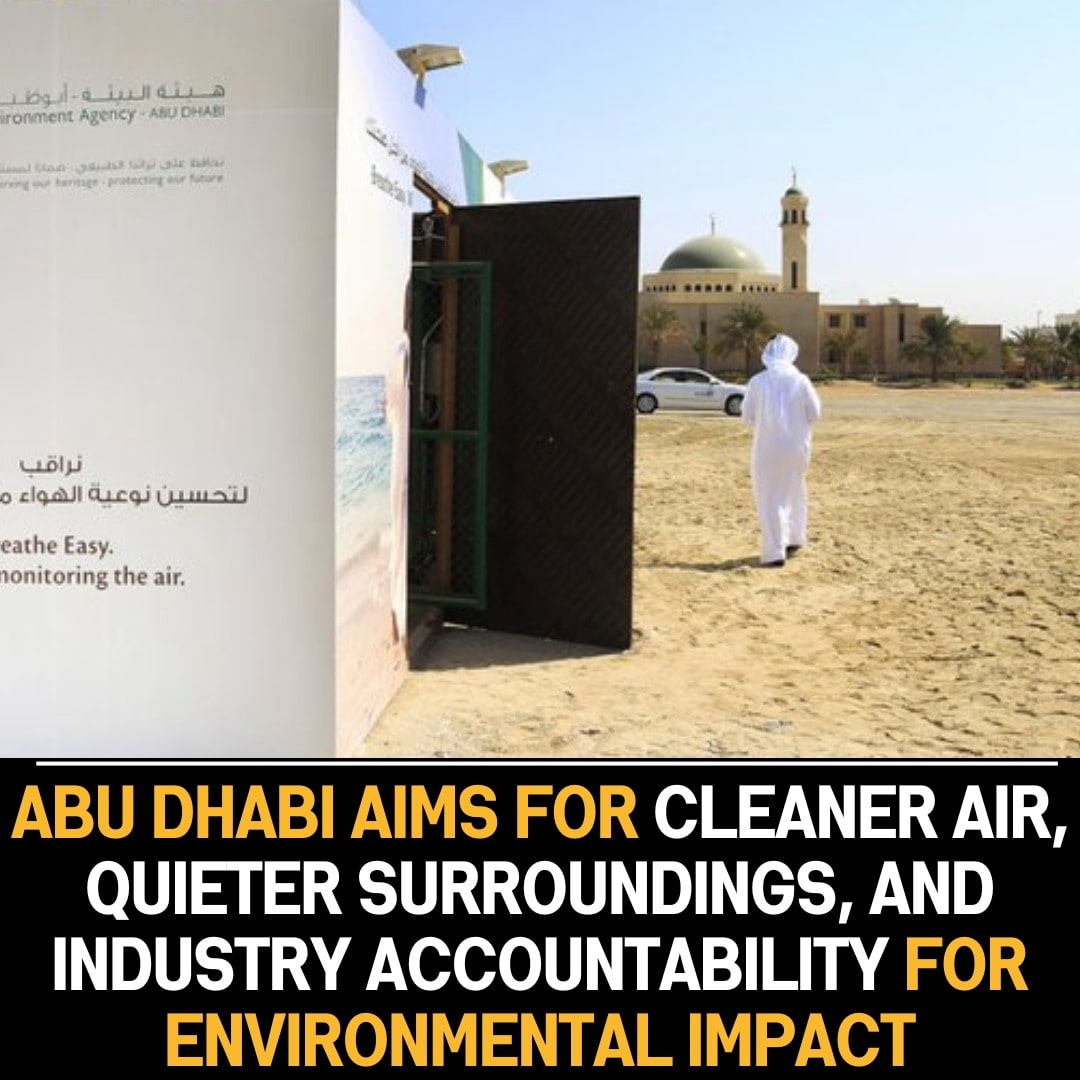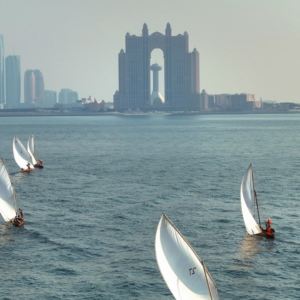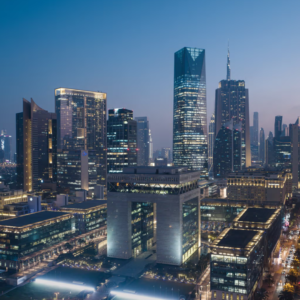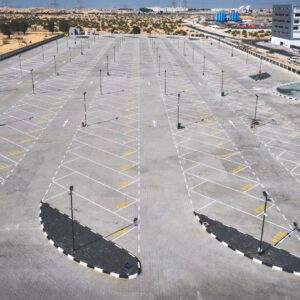Abu Dhabi, the capital of the United Arab Emirates (UAE), is committed to enhancing environmental sustainability and mitigating the adverse impacts of industrial activities on air quality and noise pollution. This commitment is driven by a recognition of the importance of preserving the emirate’s natural resources, promoting public health, and ensuring a high quality of life for residents and visitors alike.
One of Abu Dhabi’s primary objectives is to improve air quality by implementing measures aimed at reducing emissions from various sources, including industrial facilities, vehicles, and power generation. This involves the adoption of stringent air quality standards, the promotion of cleaner technologies, and the enforcement of regulations to limit pollutant emissions. By addressing key sources of air pollution and investing in pollution control measures, Abu Dhabi aims to minimize the negative health effects associated with poor air quality, such as respiratory illnesses and cardiovascular diseases.
In parallel, the emirate is taking proactive steps to minimize noise pollution, particularly in urban areas where high levels of noise can impact residents’ well-being and quality of life. Abu Dhabi is implementing measures to regulate noise levels from transportation, construction activities, and industrial operations, thereby reducing disturbances and creating more peaceful and livable environments. This includes the development of noise control guidelines, the implementation of sound insulation measures, and the promotion of quieter technologies and practices across various sectors.
Furthermore, Abu Dhabi is holding industries accountable for their environmental impact through stringent regulatory frameworks and proactive monitoring and enforcement measures. Industrial facilities are required to adhere to strict environmental standards, conduct regular emissions monitoring, and implement measures to minimize pollution and mitigate environmental risks. Non-compliance with environmental regulations can result in penalties, fines, and other enforcement actions, incentivizing industries to adopt cleaner production practices and invest in sustainable technologies.
In addition to regulatory measures, Abu Dhabi is actively promoting environmental stewardship and sustainability initiatives among industries through incentives, subsidies, and capacity-building programs. This includes support for renewable energy projects, energy efficiency measures, and sustainable waste management practices, contributing to the transition towards a more sustainable and eco-friendly economy.
Overall, Abu Dhabi’s efforts to enhance air quality, minimize noise pollution, and hold industries accountable for their environmental impact reflect a holistic approach to sustainable development and environmental management. By prioritizing environmental protection and sustainability, Abu Dhabi aims to create a cleaner, healthier, and more resilient environment for present and future generations.









